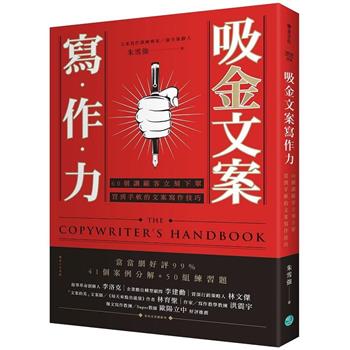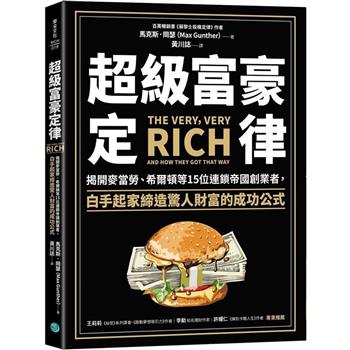Into our Labours explores the literary representation of work across the globe since 1850, setting out to show that the literature of modernity is best understood in the light of the worlding of capitalism. The book proposes that a determinative relation exists between changing modes of work and changes in the forms, genres, and aesthetic strategies of the writing that bears witness to them. Two aspects of the ’worlding’ of modernity, especially, are emphasised. First, an ’inaugural’ experience of capitalist social relations, whose literary registration sometimes makes itself known through a crisis of representation, as the forms of space- and time-consciousness demanded by life in contexts in which market-oriented commodity production has become the dominant form of social labour are counterposed with inherited ways of seeing and knowing, now under acute pressure if not already obsolete. Second, a moment corresponding to the consolidation, regularisation and global dispersal of capitalist development. Into Our Labours focuses on the naturalisation of capitalist social relations: forms of sociality and solidarity, ideologies of familialism, individualism and work, relations between the sexes and the generations. Arguing that the only plausible term for the vast body of literary work engendered by the worlding of capitalist social relations is ’modernist’, the book proposes that it is then important to challenge the still-entrenched Eurocentric understandings of modernism. Modernism is neither originally nor paradigmatically ’Western’ in provenance; and its temporal parameters are much broader than are usually assumed in modernist studies, extending both backward and forward in time.
| FindBook |
有 1 項符合
Into Our Labours: Work and Its Representation in World-Literary Perspective的圖書 |
 |
Into Our Labours: Work and Its Representation in World-Literary Perspective 作者:Lazarus 出版社:Liverpool University Press 出版日期:2024-12-06 語言:英文 規格:平裝 / 200頁 / 普通級/ 初版 |
| 圖書館借閱 |
| 國家圖書館 | 全國圖書書目資訊網 | 國立公共資訊圖書館 | 電子書服務平台 | MetaCat 跨館整合查詢 |
| 臺北市立圖書館 | 新北市立圖書館 | 基隆市公共圖書館 | 桃園市立圖書館 | 新竹縣公共圖書館 |
| 苗栗縣立圖書館 | 臺中市立圖書館 | 彰化縣公共圖書館 | 南投縣文化局 | 雲林縣公共圖書館 |
| 嘉義縣圖書館 | 臺南市立圖書館 | 高雄市立圖書館 | 屏東縣公共圖書館 | 宜蘭縣公共圖書館 |
| 花蓮縣文化局 | 臺東縣文化處 |
|
|
圖書介紹 - 資料來源:博客來 評分:
圖書名稱:Into Our Labours: Work and Its Representation in World-Literary Perspective
King of Kings: The Iranian Revolution: A Story of Hubris, Delusion and Catastrophic Miscalculation
Who’s Afraid of the Big, Bad Jew: Learning to Love the Lessons of Jew-Hatred
Theatres of the Body: Dance and Discourse in Antebellum Philadelphia
Theatres of the Body: Dance and Discourse in Antebellum Philadelphia
Russian Warfare in the 21st Century: An Incentive-Opportunity Intervention Model
Stranger-Kingship in Antiquity
Latin America and the World’s Fairs, 1867-1939
Recipe for Death: The Erin Patterson Story
Ghost Nation: The Story of Taiwan and Its Struggle for Survival
The Cambridge Companion to Marcus Aurelius’ Meditations
Who’s Afraid of the Big, Bad Jew: Learning to Love the Lessons of Jew-Hatred
Theatres of the Body: Dance and Discourse in Antebellum Philadelphia
Theatres of the Body: Dance and Discourse in Antebellum Philadelphia
Russian Warfare in the 21st Century: An Incentive-Opportunity Intervention Model
Stranger-Kingship in Antiquity
Latin America and the World’s Fairs, 1867-1939
Recipe for Death: The Erin Patterson Story
Ghost Nation: The Story of Taiwan and Its Struggle for Survival
The Cambridge Companion to Marcus Aurelius’ Meditations
|











